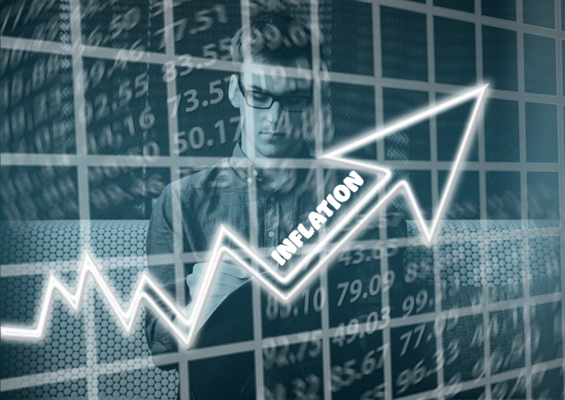Among the various new taxes proposed by Kamala Harris’ presidential campaign are increased levies on capital gains and taxation of unrealized capital gains on wealthy Americans. Given recent history, this is particularly sneaky. The Biden-Harris team sparked rapid inflation, so now the Harris-Waltz duo wants to tax the phantom inflationary gain even before citizens holding assets as a shield against inflation have disposed of them. In other words, Harris plans to tax gains that don’t yet exist, which wouldn’t be possible without the inflation exacerbated under the Biden-Harris administration.
(Over)Taxing the Rich?
The Harris team rationalizes an assault on rich people’s capital to reduce the federal deficit, increase federal revenue, and “rebalance the tax code” so that the wealthy will “pay their share.” Targeting the rich is a standard slippery slope to justify government intrusions that will then be extended to more citizens and their assets.
Capital gains are generally a product of “real” growth due to increased demand or limited supply combined with inflation. As inflation escalates, the portion of gain on the disposition of capital assets attributable to sketchy Federal Reserve policy and not actual wealth also rises. The government artificially boosts asset values and then rakes off a percentage (28% under Harris’ latest proposals) of that artificial “gain.”
This is a moral hazard that has reared its ugly head before. Battling vicious inflation through the 1970s, the United Kingdom’s high capital tax rates stifled real economic growth. In a 1979 speech following the conservatives’ General Election victory, then-Chancellor of the Exchequer Geoffrey Howe condemned taxing phantom capital gains attributable not to real income growth but government-seeded inflation: “The objection to CGT [Capital Gains Tax] in its present form is that most of the yield comes from paper gains arising from inflation. The tax is, therefore, a capricious and sometimes savage levy on the capital itself.” […]
— Read More: granitegrok.com
Controlling Protein Is One of the Globalists’ Primary Goals
Between the globalists, corporate interests, and our own government, the food supply is being targeted from multiple angles. It isn’t just silly regulations and misguided subsidies driving natural foods away. Bird flu, sabotaged food processing plants, mysterious deaths of entire cattle herds, arson attacks, and an incessant push to make climate change the primary consideration for all things are combining for a perfect storm to exacerbate the ongoing food crisis.
The primary target is protein. Specifically, they’re going after beef as the environmental boogeyman. They want us eating vegetable-based proteins, lab-grown meat, or even bugs instead of anything that walked the pastures of America. This is why we launched a long-term storage prepper beef company that provides high-quality food that’s shelf-stable for up to 25-years.
At Prepper All-Naturals, we believe Americans should be eating real food today and into the future regardless of what the powers-that-be demand of us. We will never use lab-grown beef. We will never allow our cattle to be injected with mRNA vaccines. We will never bow to the draconian diktats of the climate change cult.
Visit Prepper All-Naturals and use promo code “veterans25” to get 25% off plus free shipping on Ribeye, NY Strip, Tenderloin, and other high-quality cuts of beef. It’s cooked sous vide, then freeze dried and packaged with no other ingredients, just beef. Stock up for the long haul today.
Coffee the Christian way: Promised Grounds


